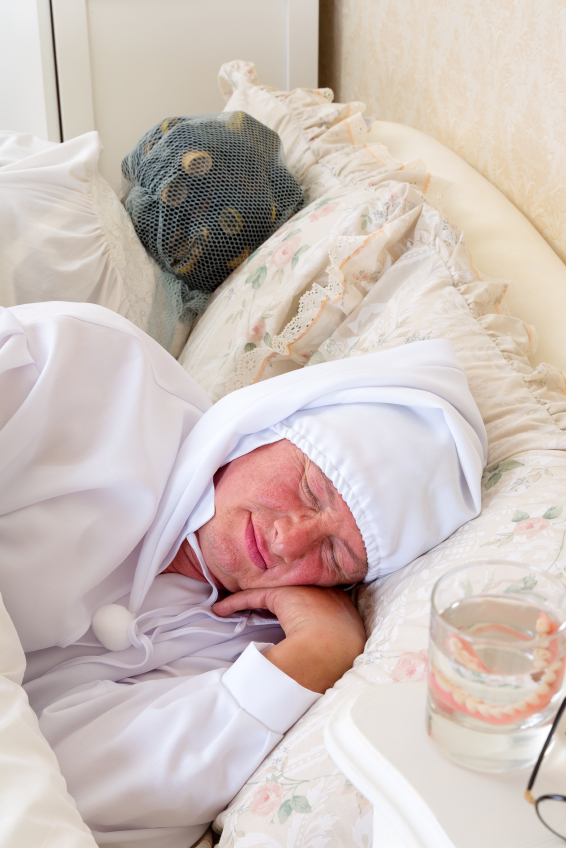Losing an hour of sleep by returning to Daylight Savings Time this past Sunday may have many of us feeling groggy and craving just a little shut-eye in the mid-afternoon. Indulging that urge may be good for your health and productivity; new evidence has found that even a short 10-20 minute nap can result in a boost in alertness and energy.
A 2015 study published in the Journal of Clinical Endocrinology & Metabolism, found short naps can strengthen the immune system and help to offset the negative effects of a poor night’s sleep. Longer naps, which result in a deep sleep, may be more difficult to awake from and leave you feeling groggy and more tired, although they have been linked with helping recover lost facts and improve long-term alertness.
The amount of sleep needed to achieve a perfect nap isn’t the only consideration, the position you sleep in also influences the health benefits. Sleeping on our sides has been linked with better clearing away of brain toxins, which may help prevent dementia, than stomach or back sleeping. A 2013 study at the University of Rochester Medical Center, found that “sleep normally clears toxic molecules from the brain”. Many neurological disorders including Alzheimer’s and Parkinson’s diseases are characterized by a build-up of damaging proteins in the brain. Further study of the brain’s waste-clearing system may lead to new treatments for these conditions.
Mid-afternoon napping is the most natural time of day to take a snooze, after lunch when a full stomach can give us a sleepy feeling. Many cultures reserve time in the afternoon for a short siesta before returning to a busy day. Studies have found those who take a 20 minute nap or shorter during the day also have a drop in blood pressure compared with those who did not nap.
To learn more about the toxin clearing benefits of sleep on the brain, the full study is can be found online at http://science.sciencemag.org/content/342/6156/373.figures-only .
Naps = good Click To Tweet





Add Your Voice
0 Comments
Join the Discussion